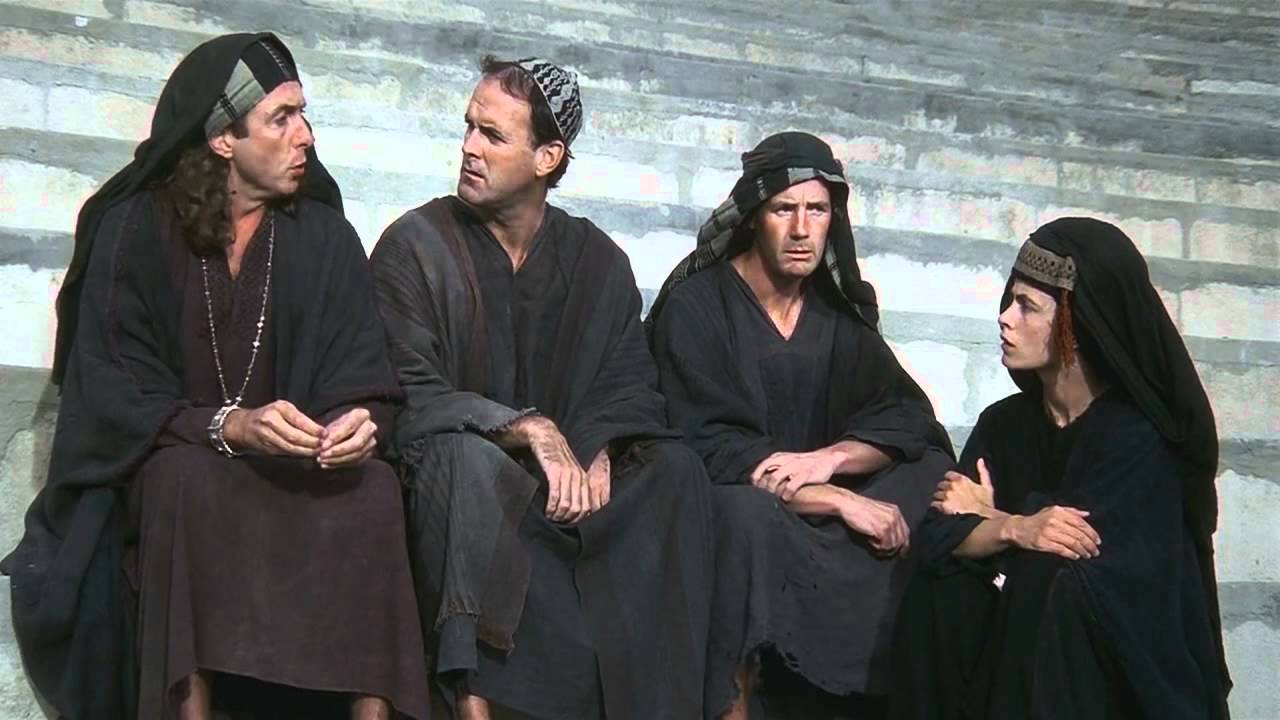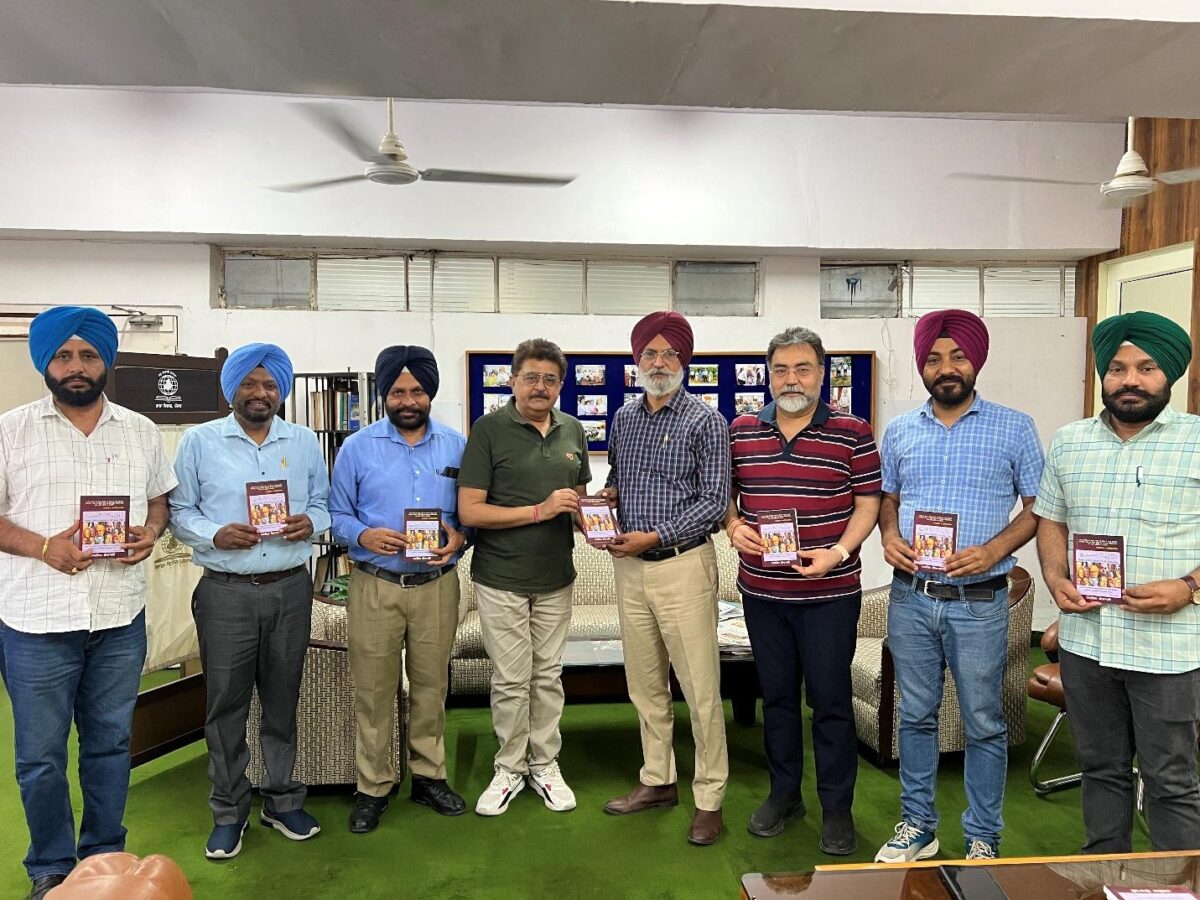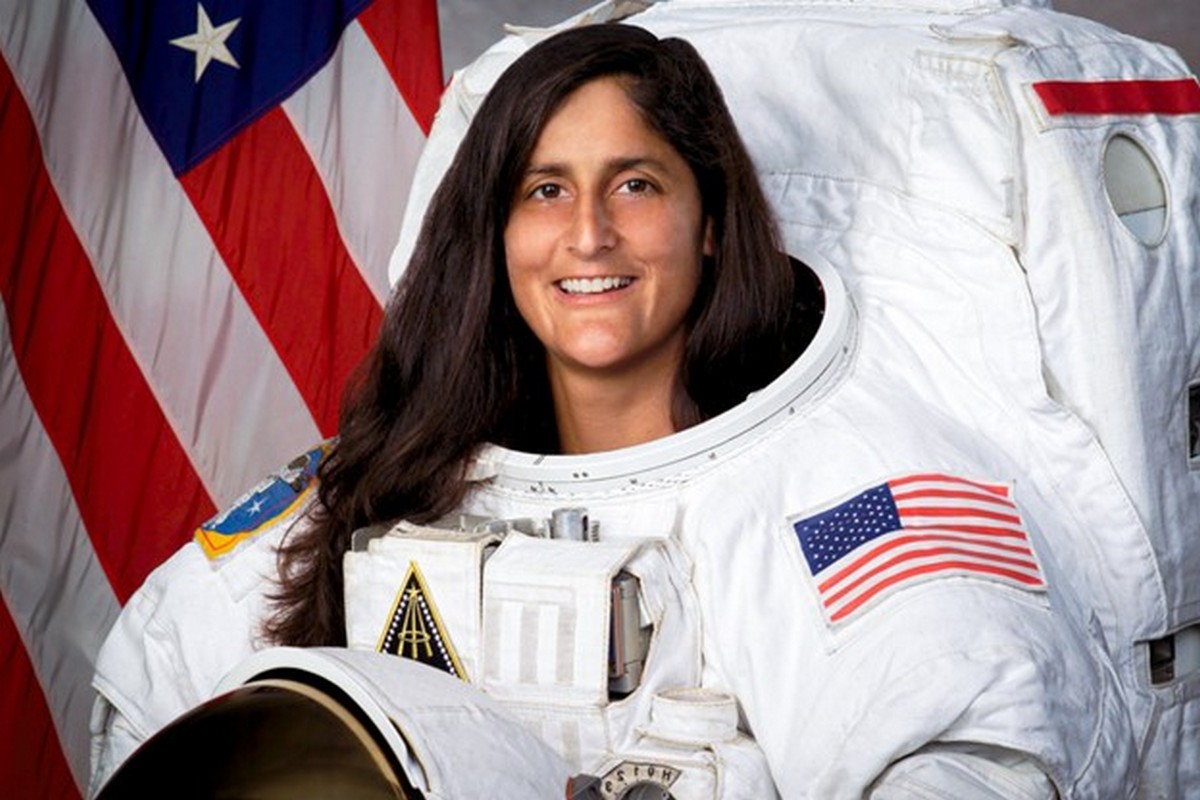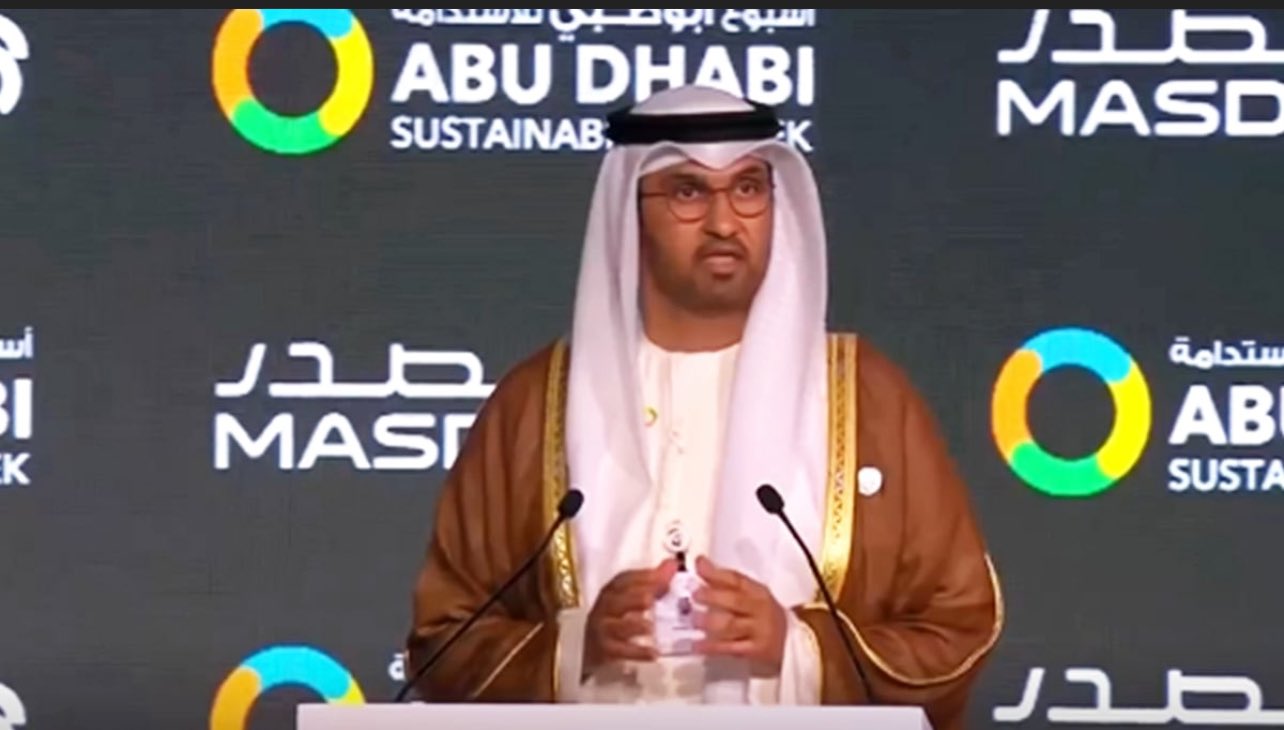SALIL GEWALI
The time is in ceaseless progression. With the changes in seasons due to the revolution of the Earth around the sun, the first day of the year has become the most precious to all of us. As the clock strikes midnight on every January 1st, a flurry of excitement sweeps across the globe, marking the arrival of a new year. This momentous occasion, often celebrated with unrestrained revelry and joy, in fact invites deeper philosophical contemplation. It is particularly because we leave this planet, living behind everything we have amassed in our lifetimes. Further, the New Year also symbolizes an enigmatic blend of temporality and eternity, a dance of fleeting moments progressing against the backdrop of timelessness.
Undoubtedly, the New Year is a time of joy, a collective sigh of relief at the closing of a year and a hopeful gaze towards a fresh start. But beneath this fun and celebrations, there certainly lies a profound opportunity for introspection and an inner longing to dive deeper into other aspects of our existence and the world around us.

Three weeks have already passed since the year 2024 began. Are we not reminded of the “quick passage” of time here? It feels like the other day that the world welcomed the dawn of the new millennium (2000) in unprecedented jubilation and fervor. But almost two and a half decades have slipped by. NATURE has already put its signature right on our heads, with grey hair and a waning of youthful vigor. Of course, if the New Year could magically make us younger by one year, perhaps we could certainly leap and frolic like children, happily wishing everyone a Happy New Year and dancing, letting our hairs down.
Therefore, amidst the celebratory atmosphere, it’s quite essential to question whether we have evolved into beings of greater compassion, forgiveness, and tolerance, or if we have succumbed to the lower facets of human nature. The increasing instances of conflict, corruption, and virtual moral decline have already littered the landscape of modern times.
Yes, in our mad rush to embrace materialism, we often blissfully overlook the core of human values and the beauty of humanity, as TS Eliot eloquently conveyed in his masterpiece, The Wasteland, long ago. Sadly, these days, our knowledge is limited to Google information without contemplation.
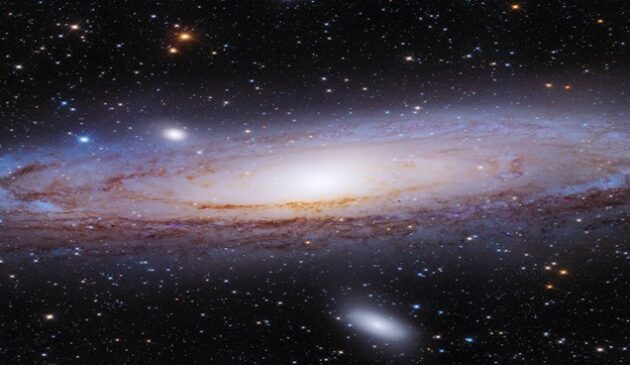
Just ponder over the vast expanse of the cosmos—the solar system, and beyond, the Milky Way. The Milky Way itself is spread out over about 100,000 light-years. Is it not just a small spot in the limitless cosmic ocean? No exaggeration, we cannot fully understand the intricate beauty of a single petal of gazania, the flower that blooms in a pot on our veranda each morning. Should we not marvel at such awe-inspiring natural phenomena that responsible for the New Year rather than lose ourselves in superficial entertainment and the boom-boom of environment-polluting firecrackers?
Hence, it is quite crucial that we practice shifting our focus towards higher goals — spiritual growth, mental well-being, and a harmonious “coexistence” with our environment— particularly now when the siren of climate change has already been sounded. As we step into a new year, let’s take a moment to pause, to look within, and to reconnect with our deeper values and aspirations. Let our hearts leap up with gratitude for the wounder of DIVINE CREATION, rather than falling for those that quicken our journey towards the grave!
********
An India-based writer and researcher, Salil Gewali is best known for his research-based work entitled ‘Great Minds on India’ that has earned worldwide appreciation. Translated into thirteen languages, his book has been prefaced by a NASA chief scientist – Dr. Kamlesh Lulla of Houston, USA. Gewali is also a member of the International Human Rights Commission, Zürich, Switzerland.


























